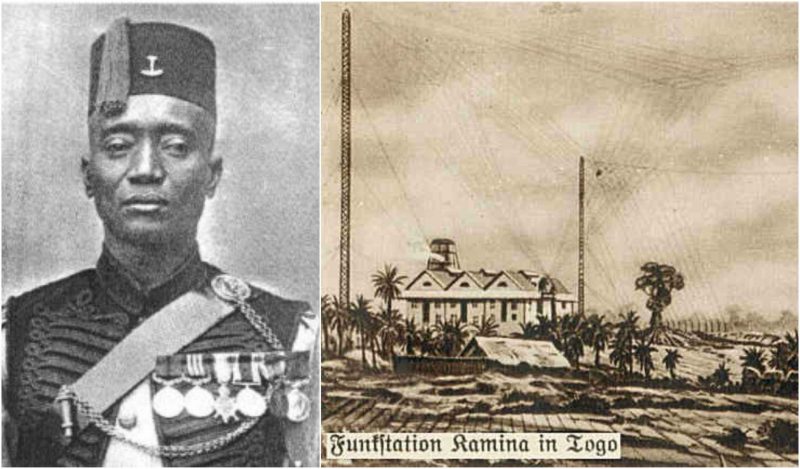Before the very start of the WWI, Togoland was a German protectorate, isolated from the rest of the German Empire. It was surrounded with the British Gold Coast in the west and the French Dahomey in the east.
Basically, Togoland was just a small German colony in the middle of the French and British colonies. When the British Empire declared war on the 4th of August, 1914, it was impossible for Germany to send military support to its colony in Togoland.
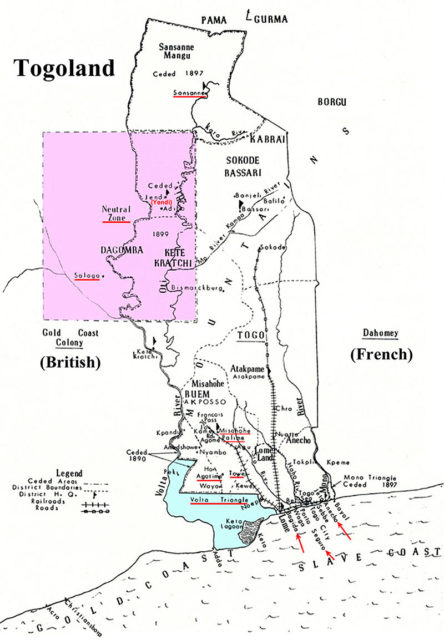
There wasn’t much for Germany in Togoland and for the 660 Togolese police officers serving under 10 German sergeants to protect from the British troops, but there was an innovative piece of technology in the small town of Kamina, very important to the Germans.
It was a wireless radio station which was the only link between Germany and its colonies in Southwest Africa and in East Africa.
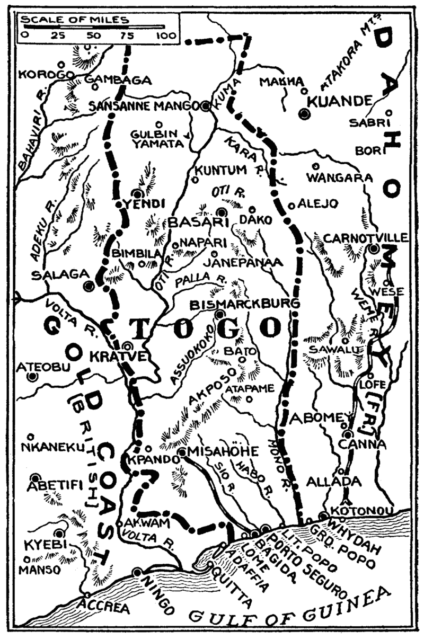
The device was one of its kind at the time, very original and quite a benefit for any military in the world. Even though it wasn’t finished yet at the outbreak of WWI, the station was operational.
It was soon clear to the Germans and the Togolese police officers that they wouldn’t be able to defend themselves, nor the country. So, their biggest fear was the radio station. It would have been a big asset to any military that controlled it.
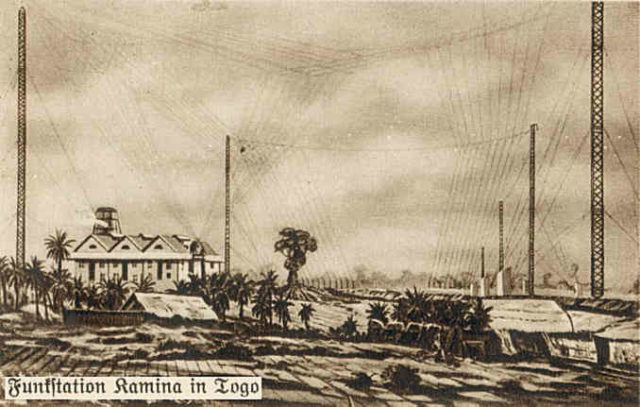
As soon as the war was declared, troops from the Gold Coast Regiment (today’s Ghana) entered Togoland through the British Gold Coast and entered the capital, Lome. A patrol of the Gold Coast Regiment got in a factory in Nuatja where they confronted a group of police officers led by German sergeants. The police opened fired and Alhaji Grunshi returned it. He was the first soldier in British service to fire a shot in the war.
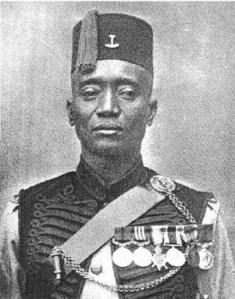
The next day, when the police commander was killed, resistance in Togo collapsed. The German technicians destroyed the radio station in Kamina on the 24th of August and on the 26th, the whole country surrendered to the British and French.
We have another WWI story: The ‘Goblin’ XF-85: the strange “Parasite Bomber” of WWII
Alhaji Grunshi remains known as the first soldier in British service to fire a shot in WWI. He survived the war and became a Lance Corporal. By 1919 he was a Sergeant and was awarded the Military Medal for his part in the East African Campaign.
